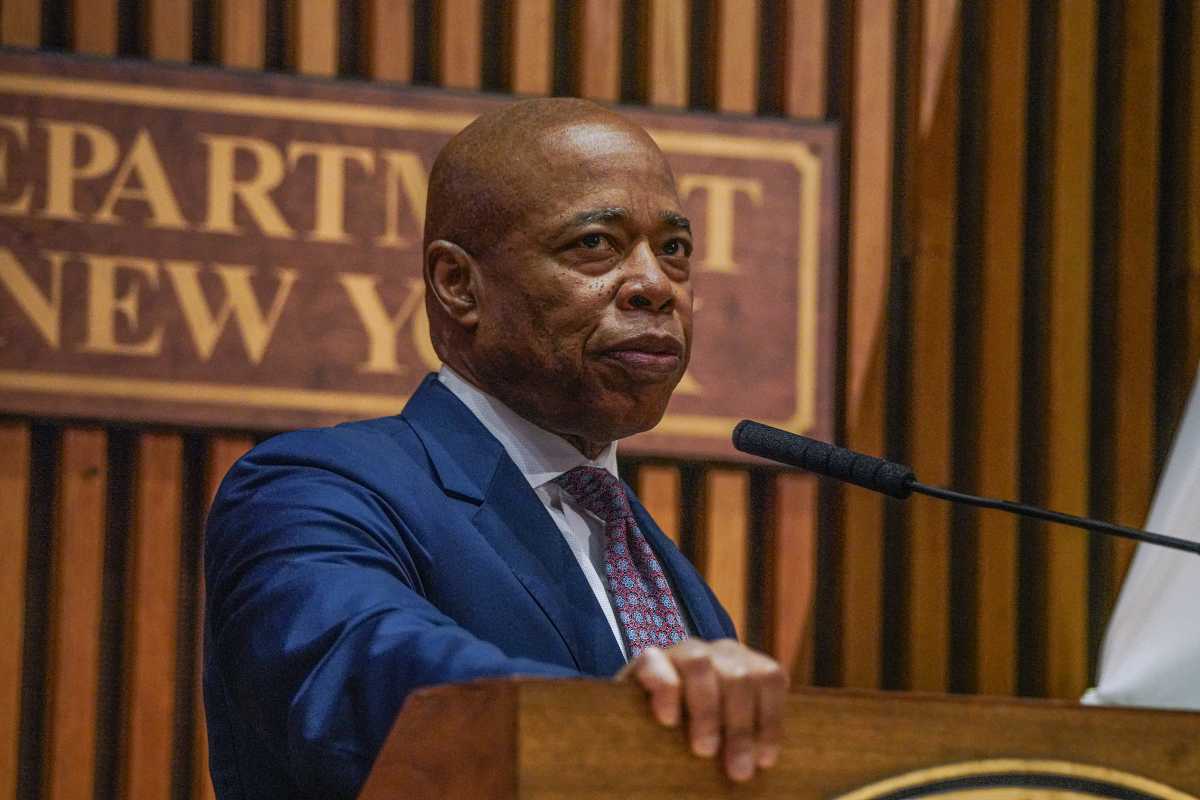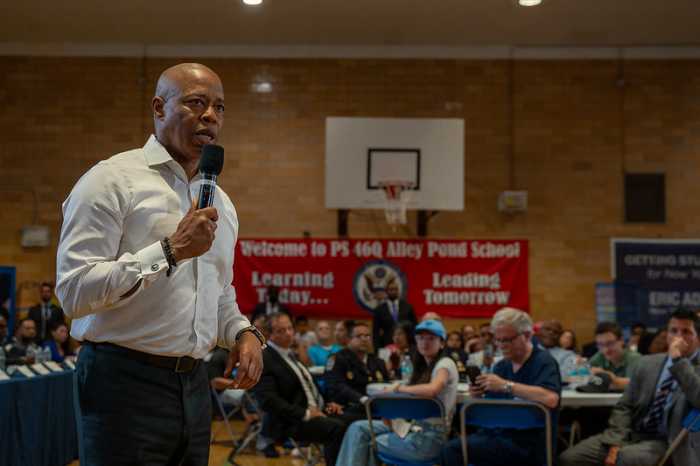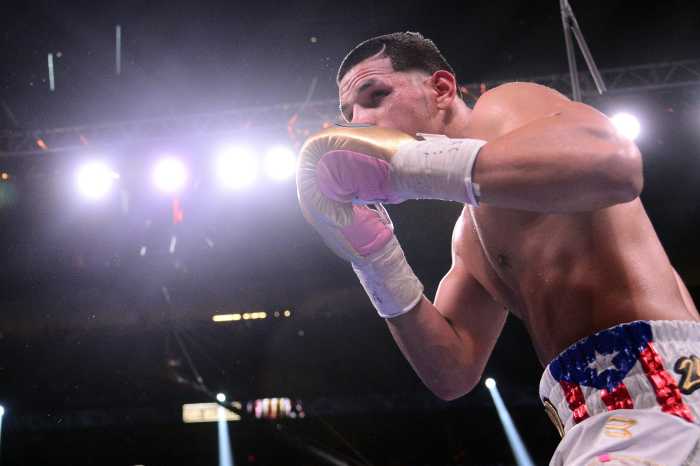By Carlotta Mohamed
A debate last week between City Councilman Rory Lancman (D-Fresh Meadows) and Queens Senior Executive Assistant District Attorney Jim Quinn became heated when the discussion turned to whether New York City should close Rikers Island.
The two men exchanged their contrasting views about the future of the massive jail complex and broader criminal justice reform in a debate held Wednesday, Sept.5, at the Young Israel of Kew Gardens Hills — located at 7011 150th St. in Flushing — in a room with more than 50 residents divided over the issue.
Lancman, who is the chairman of the Committee on Criminal Justice, and may be preparing running for the Queens district attorney’s seat in 2019, said that closing Rikers Island would be cost-effective for the city and his constituents.
“The effort to close Rikers Island is a movement,” said Lancman. “It’s part of a larger movement to reform a criminal justice system that is dysfunctional, broken and overwhelmingly falls on the backs of people of color.”
Lancman further outlined the importance of reducing the city’s jail population and cash bail reform, saying many sit in jail simply because they cannot afford to make bail.
In 2017, Mayor Bill de Blasio introduced plans to safely reduce the jail population to 5,000 people and transition to a borough jail-based system that would fully integrate into the surrounding neighborhoods with community space, ground-floor retail and parking.
In August, the de Blasio administration announced that the proposal would redevelop the existing Queens Detention Complex — located at 126-02 82nd Ave. in Kew Gardens adjacent to the Queens Criminal Courthouse — and the municipal parking lot into a corrections center with space for 1,510 prisoner beds.
Quinn, who represented District Attorney Richard Brown at the debate, opposed the city’s plan to build community-based jails in each borough, outlining the budget cost, and where inmates would be relocated during the construction of the community-based jails.
“When you take what it’s going to cost to close Rikers and build these new jail cells… all the disruption that it’s going to cause in the criminal justice system, it’s simply not worth it,” Quinn said.
The attorney also said that people who are a danger to the public and commit more crimes out on the streets should be incarcerated without bail.
Lancman then criticized the district attorney’s office for its failure to reduce prosecution of low level offenses such as marijuana and fare evasion, including incarceration of poor Black and Latino people.
Tempers flared in the audience when Quinn spoke out against the anti-mass incarceration movement, taking aim at the death of Kalief Browder, an African-American Bronx teen who spent three years in jail without a trial for allegedly stealing a backpack.
“Kalief Browder didn’t commit suicide at Rikers Island. He committed suicide two years after he got out of Rikers Island. That is a fact. Everyone knows that,” said Quinn, as an audience member shouted out “lies!” Several audience members clapped in response to Quinn’s comments, which prompted Lancman to hit back at the attorney’s disputed remarks about Browder’s suicide.
In his closing remarks, Lancman said the criminal justice system he aspires to see is one where nobody is sitting in jail because they don’t have the resources to bail themselves out.
“I cannot think of anything that is more worthwhile than reforming our criminal justice system and rebuilding a criminal justice system that is fair and doesn’t penalize people on where they came from, the color of their skin or how much money they have in their pocket,” said Lancman.
Following the debate, some audience members thought Lancman and Quinn strayed away from the topic of the impact and cost of the community-based jail in the neighborhood.
“They really didn’t get to the point of why we’re all here, seriously,” said Sheila Rund, of Briarwood, who is against the development of community-based jails. “I feel that he [Lancman] was making it out of a race card. We still didn’t get an answer. How much money will this cost? How long is it going to take? It’s ridiculous.”
Another audience, Zina Zimmerman, of Briarwood, said she attended the meeting to discuss the impact of the prison in the neighborhood — not to discuss race or prison reform.
“A meeting about prison reform is a conference,” Zimmerman told Lancman. “I came here to talk about Briarwood and Kew Gardens and that’s not what this meeting is about.
But Lancman disagreed.
“This issue about closing Rikers is about race, and I know that’s painful, fellow white people,” said Lancman. “But the reality is that our criminal justice system falls exclusively on people of color. Let me assure you I represent a district that is two-thirds not white… if those people want to talk about race and criminal justice reform, then they’re entitled to that conversation.”
Reach reporter Carlotta Mohamed by e-mail at cmoha




































